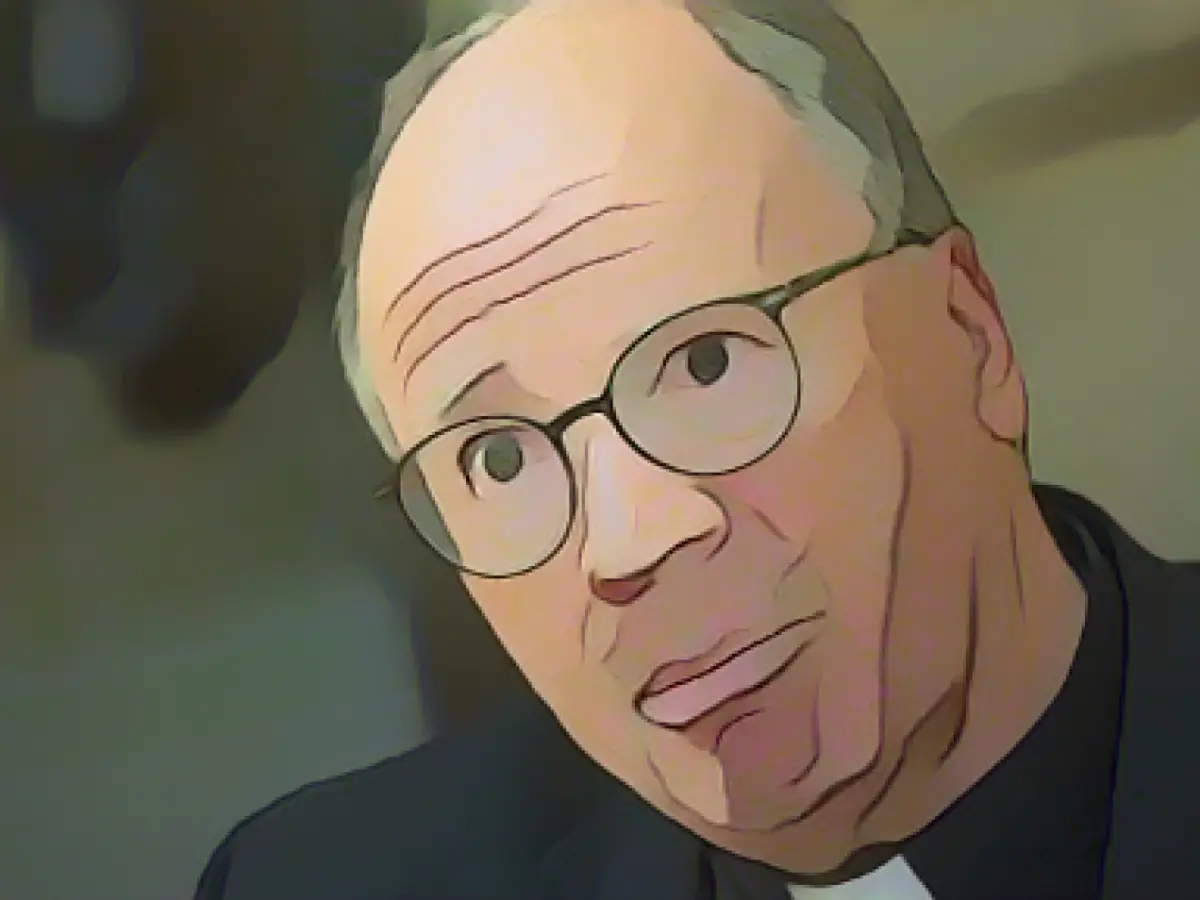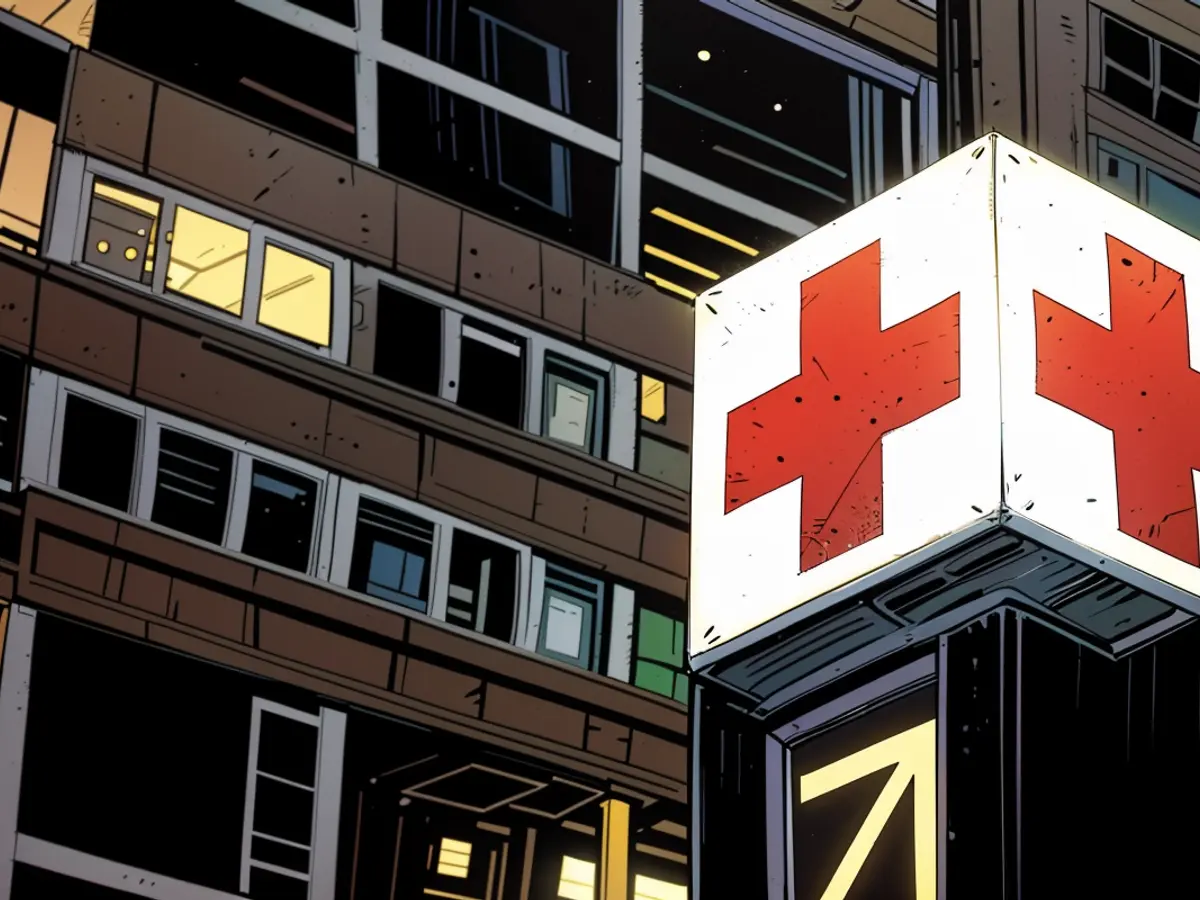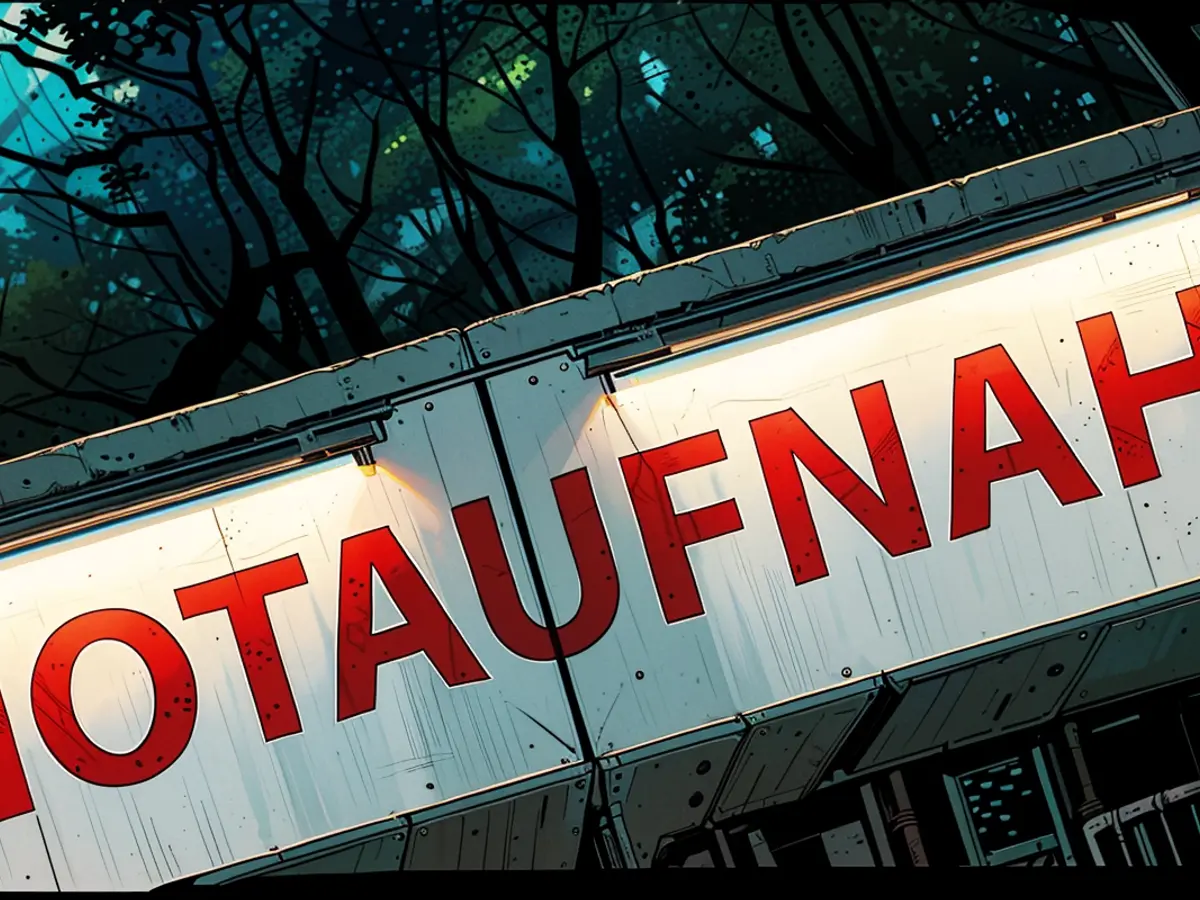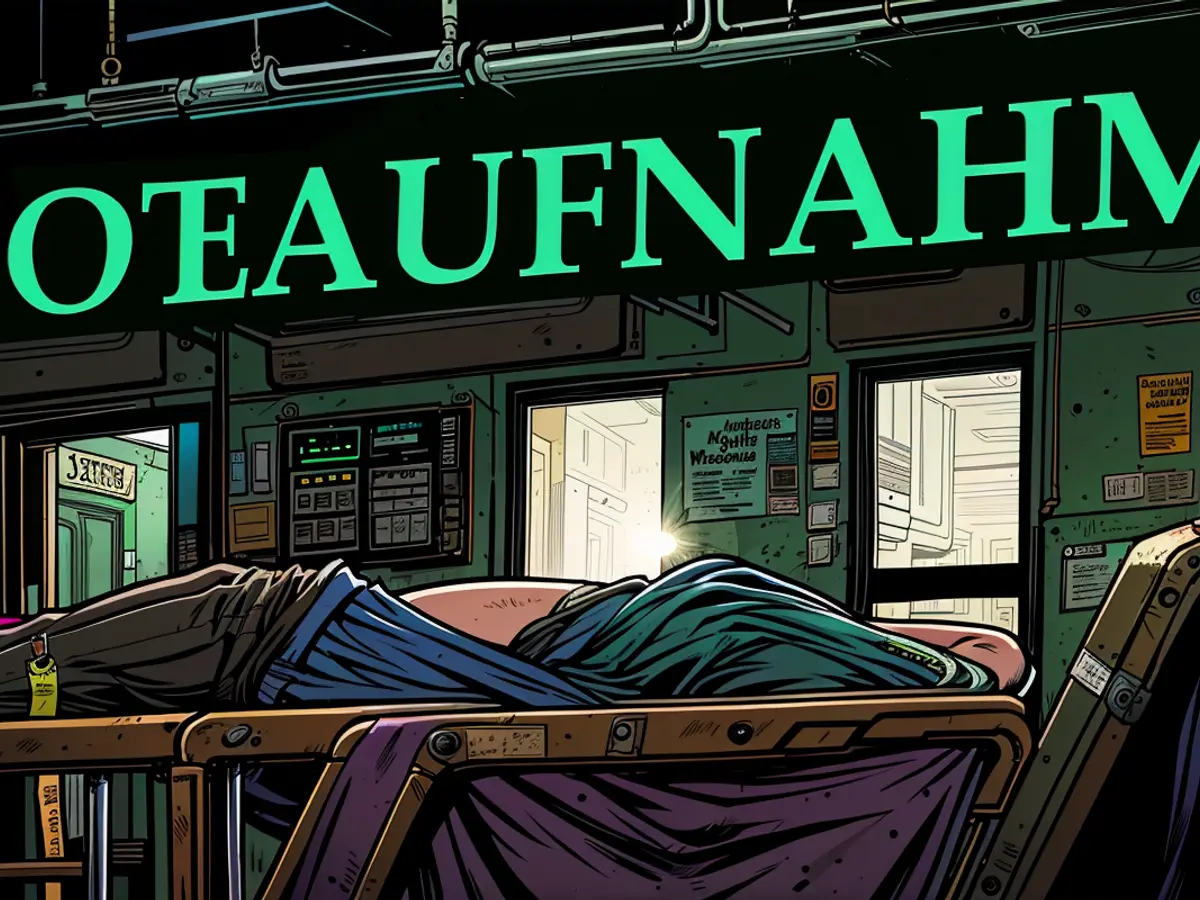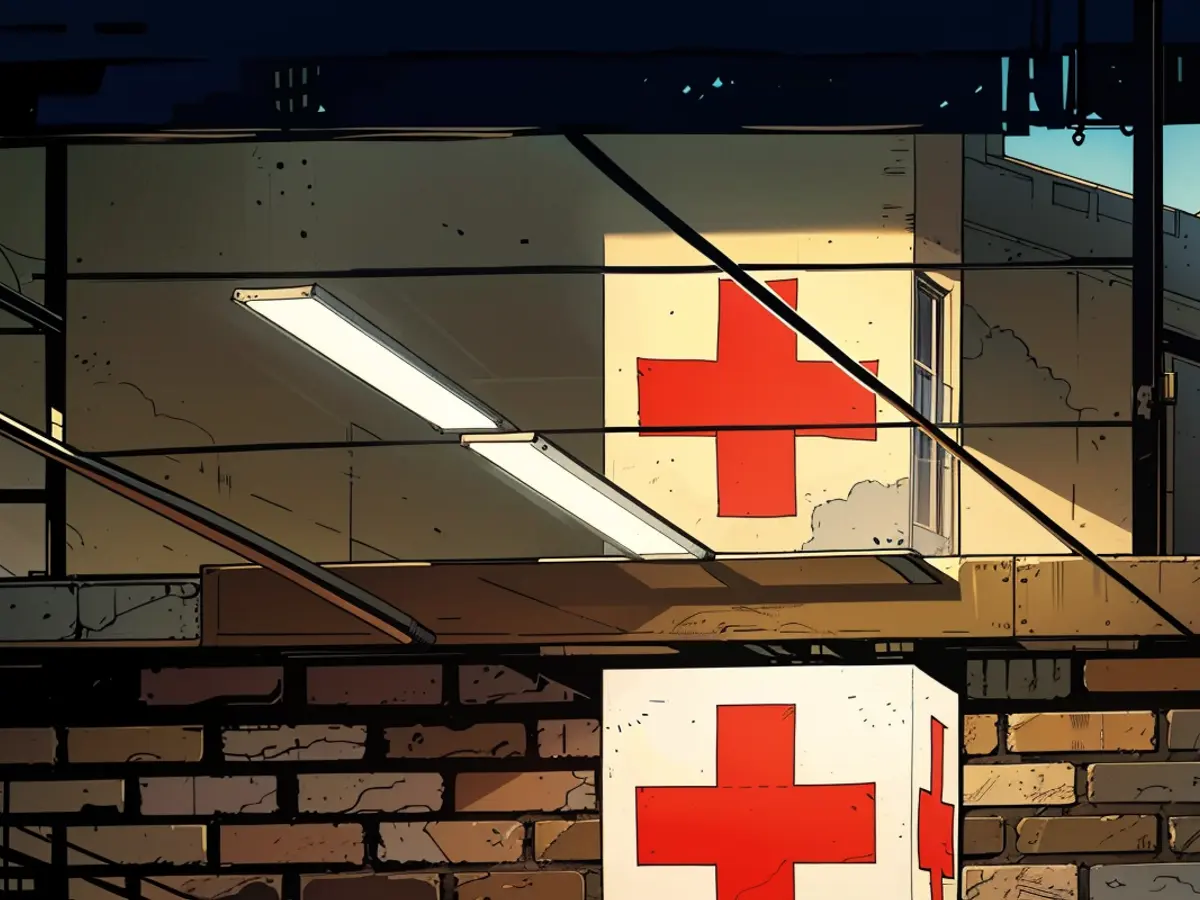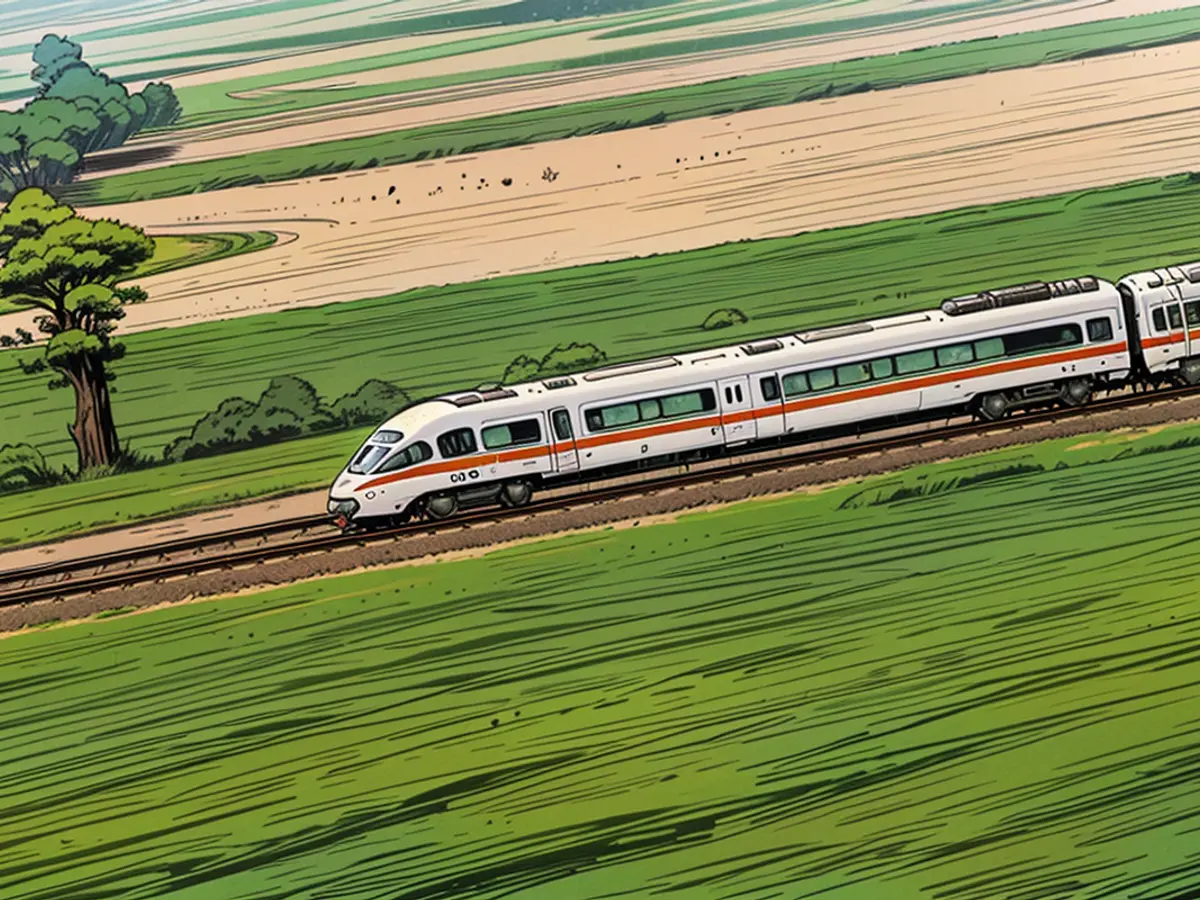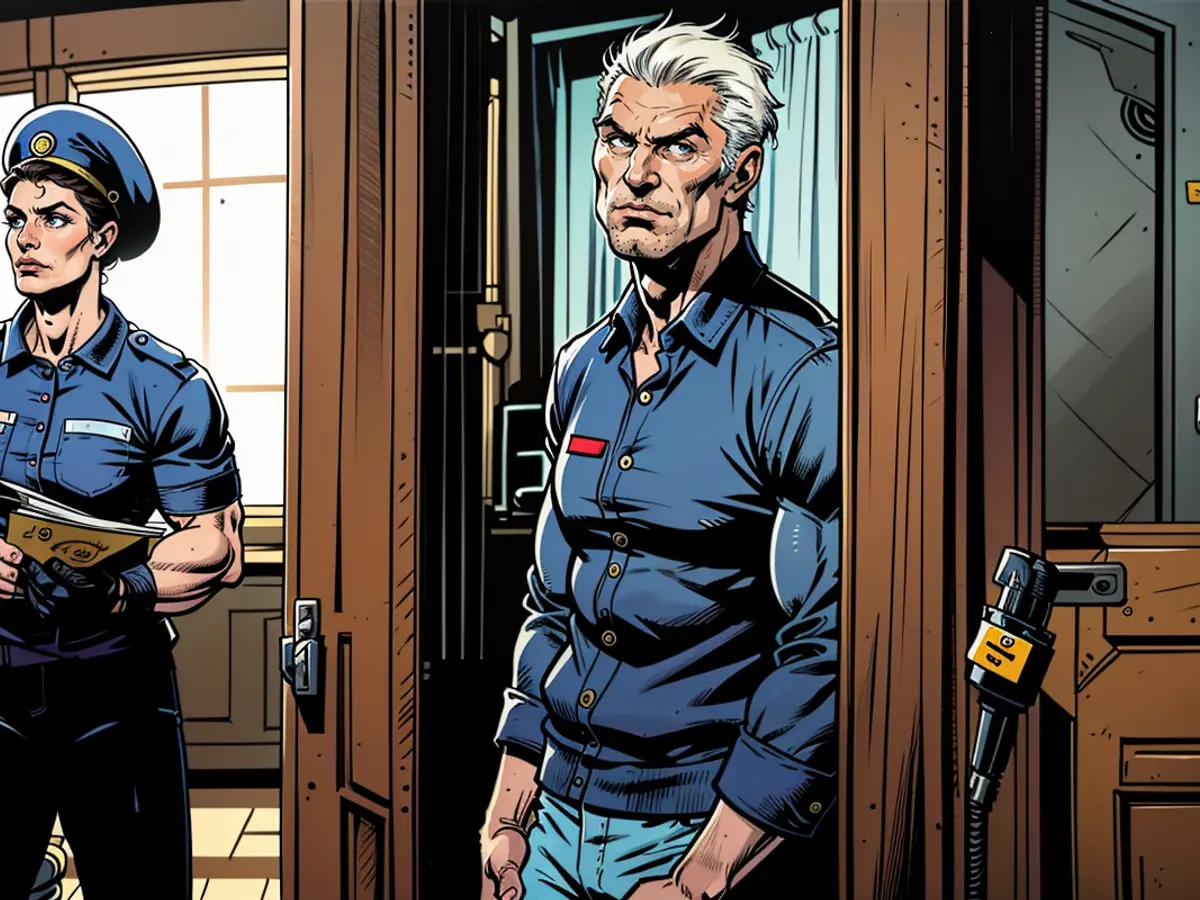Religion - Bishop Ackermann: Church undergoing greatest upheaval in 200 years
According to the Bishop of Trier, Stephan Ackermann, the Catholic Church is undergoing the greatest upheaval in 200 years. Religiosity is continuing to decline and alienation from the Church is increasing: "The Church is undergoing an epochal transformation," Ackermann told the German Press Agency in Trier. "If you want to put it in a nutshell, this is the path from a popular church to a church of choice."
In short, this means that you don't simply grow into a church, as used to be the case. "Now I have to decide to be a Christian and belong to the church." The effects of this change have been visible for years: high numbers of resignations, a shortage of priests, dwindling influence of the church. The abuse scandal since 2010 has also led to many believers turning away.
The church will definitely become "smaller", said Ackermann. "But small does not mean that it can no longer make a significant contribution to society." The church will also become "more female in terms of representation". Up to now, the level of Catholic representation has been strongly male-dominated. "That will change. I'm sure of that," said the bishop.
How long will that take? "It could take even longer, depending on international developments." The reform process is progressing: "The issues we are dealing with in Germany on the synodal path can also be found at the level of the universal church." These include issues such as greater participation in decision-making, access to church ministry for women and sexual morality.
The difference to Germany, however, is "that we focus very strongly on the issue of women, sexual ethics and celibacy". This "focus" is not evident in the global church. "But the issues are there." There are also "bilateral talks" between the German Bishops' Conference and the Roman Curia about reforms. Also in 2024. "We will see how progress is made."
Ackermann said that the Catholic Church in Germany could certainly go its own way. "Of course, there can always be local church-specific adaptations," for example in pastoral care or in the liturgy. He also counted priestly celibacy among "elements where partial church solutions can be found".
There are already married priests in certain Eastern Catholic churches, such as the Syrian Catholic or Maronite churches. "We already have that. These are our own solutions, so to speak," he said. "Celibacy is not a dogma, it's not about theological-dogmatic questions." When it comes to ordained ministries for women, however, he does not see a local church solution. "This is about theological substance."
The consultations in Germany also continued: in November, the Synodal Committee was set up to continue the work of the German reform process "Synodal Path". Ackermann does not see any tendencies towards division. "There is no one here who is saying that the solution is for the church in Germany to become a national church." Otherwise there wouldn't be such a struggle over the issues. "We want to change the church together." For all those who expect quick results, it is a test of patience. "These are long processes," said the bishop.
A good 1.2 million Catholics in Rhineland-Palatinate and Saarland belong to the diocese of Trier.
Read also:
- A clan member is punished here
- Traffic lawyer warns: Don't talk to the police!
- Will he be convicted as Jutta's murderer after 37 years?
- He also wanted to kill his cousin
Source: www.stern.de
